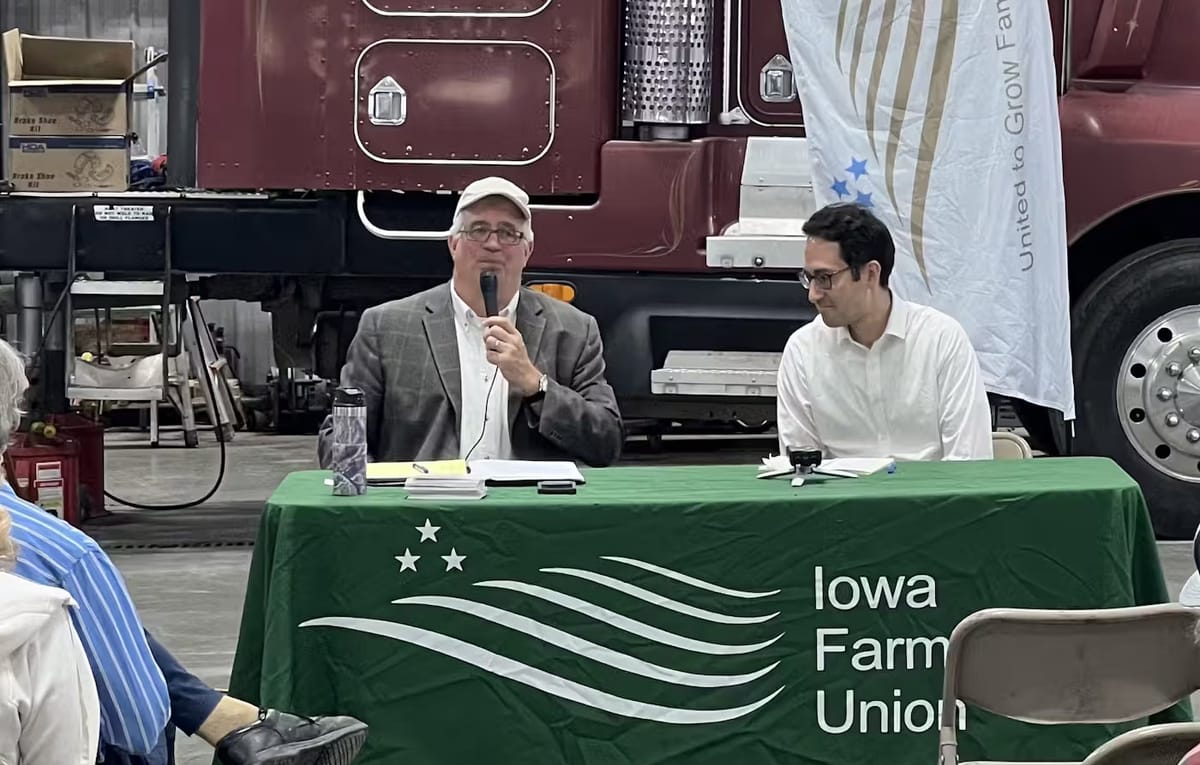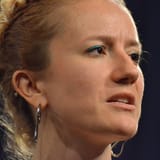Look Around

Earlier this week, Alvaro Bedoya published a story-forward account of his experience as an FTC commissioner in the US. It's the kind of story that makes an ethnographer swoon. Through his accounting, he demonstrates how his perspective on politics changed by talking with people around the country. His experience this role upended his understanding of why American people are struggling - and why they are making the political choices that they make.
His accounting reminds me so much of my experience talking with teenagers all over the US. What powerful voices think about the problems in the world often look different from a different perspective. In my case, I was grappling with how teens' understanding of their struggles, desires, and goals looked different from adults' anxieties. In Alvaro's case, he came to realize that the DC narratives animating "left" and "right" don't make sense on the ground as people struggle with the economic realities of the present. Put simply, he shows why grappling with the political economy matters. (And he makes it very clear how corporate greed and oligarchic power have shaped political views.)
Today is the second large-scale "No Kings" protest. That message is super important. But to understand why so many people elect - and continue to support - authoritarian leaders, we need to appreciate how the political economy configures the public in ways that are genuinely painful. Alvaro did the work to see that. His story is powerful so please read it. But it also on all of us to learn to see what life looks like to people in our world. To appreciate the struggles others are facing. To understand why they feel trapped. Because when we do overthrow our kings - which we will because we must - we need to have a positive vision on the other side. And that has to start with addressing the oppressive configuration of money and power that so many people are experiencing every day.



